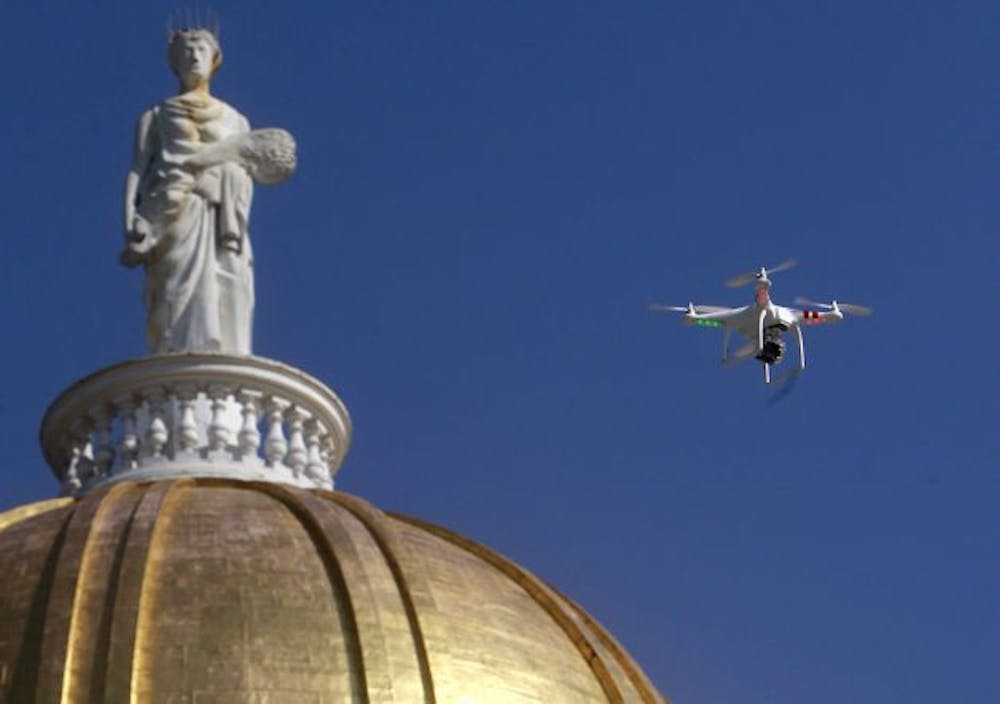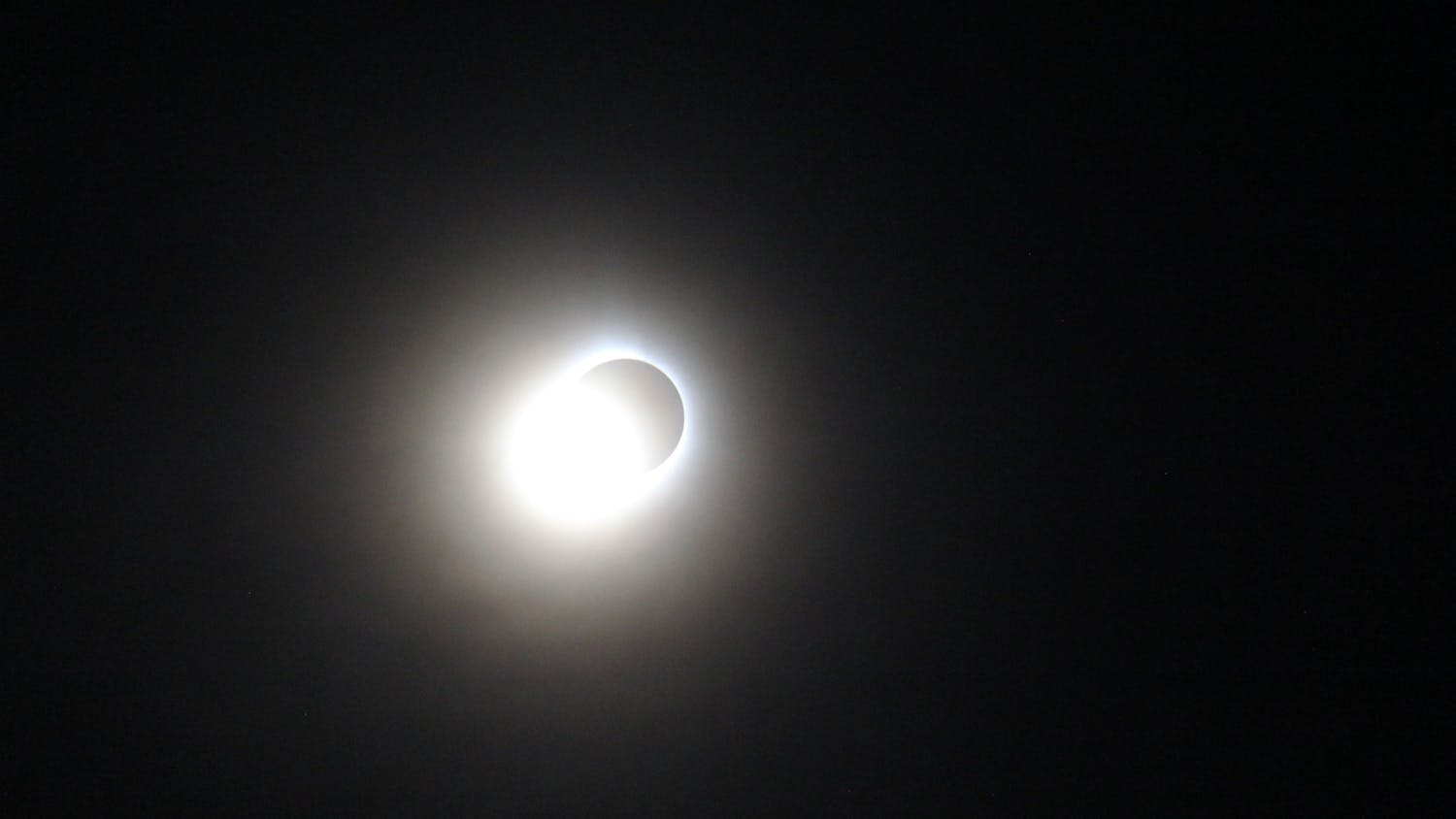A petition to ban drone-assisted hunting in Vermont is making its way through the Vermont Department of Fish and Wildlife. The state of Vermont could become the latest state to ban hunting with the help of unmanned aerial vehicles following Montana, Alaska, Colorado and New Mexico.
Early this year, Eric Nuse of Orion, the Hunter’s Institute and Tovar Cerulli of the New England Chapter of Backcountry Hunters and Anglers submitted a petition to the board of Fish and Wildlife arguing that the use of drones to track or conduct reconnaissance leading up to a hunt violated the rules of fair chase and provided unfair advantage to the hunter. The board accepted the petition and began drafting a new rule to ban such practice.
Drone-assisted hunting has not become a problem in Vermont, but the board is nonetheless expected to implement the rule by the end of this year to ensure that it does not become a problem. A hearing, as part of the rule-making process, is scheduled for Oct. 21.
Fair chase is “the ethical, sportsmanlike, and lawful pursuit and taking of any free-ranging wild, native North American big game animal in a manner that does not give the hunter an improper advantage over such animals,” as defined by the Boone and Crockett Club. This club is a hunter-conservationist organization founded in the United States in 1887 by Theodore Roosevelt. It is named after two hunter-heroes of the day, Daniel Boone and Davy Crockett, whom the club’s founders viewed as pioneers who hunted extensively while opening the frontier, but eventually realized the consequences of overharvesting game.
“Drones are just an overwhelming technology that have no place in hunting,” said Nuse, a former executive director and current board member of Orion, the Hunter’s Institute.
“Up until that point, the animal should be able to escape and be able to use all of its senses to survive,” Nuse said.
Hunters must rely primarily on their senses, too. “They have to be skillful, they have to be patient, and they have to put forth the effort. That’s what modern hunting is about.”
“Even though my ultimate goal might be to get freezer meat, we really do this for the enjoyment of the hunt,” he said.
“As states consider legislation, it is our position that manned and unmanned aircraft should be treated the same, focusing laws on the particular action in question, and not on the platform being used,” a statement from the Association for Unmanned Vehicle Systems International said, without specific mention of drones for hunting. According to the statement, drones do have many beneficial uses, such as assisting in search and rescue, helping to fight wildfires, monitoring crops for disease and surveying wildlife populations.
“We are just saying you can’t use this device for hunting and scouting and that’s just not consistent with Vermont hunting traditions,” said Catherine Gjessing, the General Counsel of the Department of Fish and Wildlife.



